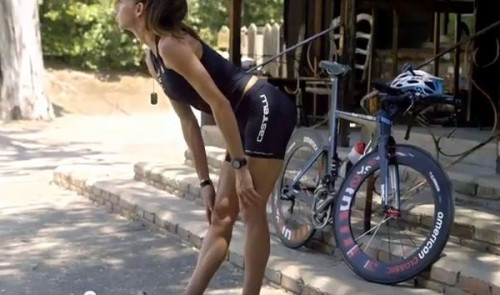Cross-posted at The Huffington Post.
This is a new one.
Some of you may know that there is a wave of colleges and universities filing complaints with the Office for Civil Rights, claiming that their institutions are failing to protect women from sexual assault. This (first) wave includes Amherst, Yale, the University of North Carolina, and Swarthmore, among others.
Well, last night many of the details of the stories of the students whose cases have been mishandled — right down to exact quotes from their lives — found themselves in an episode of Law&Order SVU. They didn’t ask for permission, offer a “consulting” fee, or even warn them that it was coming.
This just leaves a this-is-so-wrong-I-don’t-even-know icky feeling in the pit of my gut. I know that Law & Order has been ripping stories from the headlines for three decades, but it stuns me that it can claim to be fiction and not compensate the real women who’s lives are clearly and unequivocally depicted in this show.
Let me put this in stark terms: Law & Order is brazenly capitalizing on the pain and trauma of young women and not only failing to compensate them for stealing their stories, but actually denying that they exist by claiming that the “story is fictional and does not depict any actual person or event.” Stunning.
Alexandra Brodsky, a survivor who filed the complaints against Yale, told Jezebel:
The SVU episode strikes me as an extreme example of the risk of going public as a survivor: your story is no longer your own.
I’ve not seen a more obvious example of this fact.
The teaser for the episode, plus a list of 15 ways the episode copied real life, collected by Katie J.M. Baker at Jezebel, is after the jump.





















